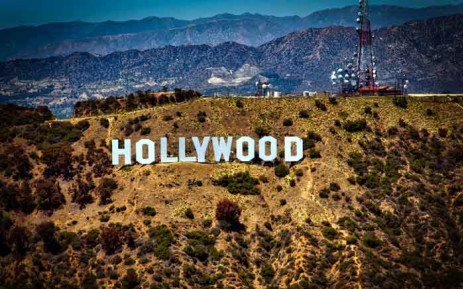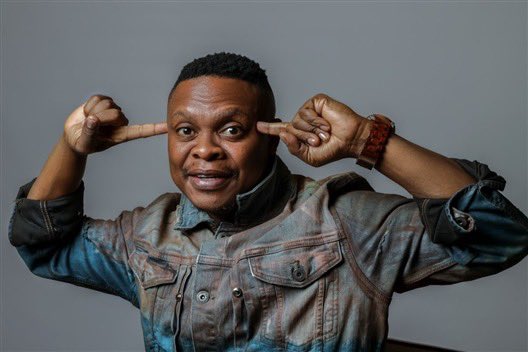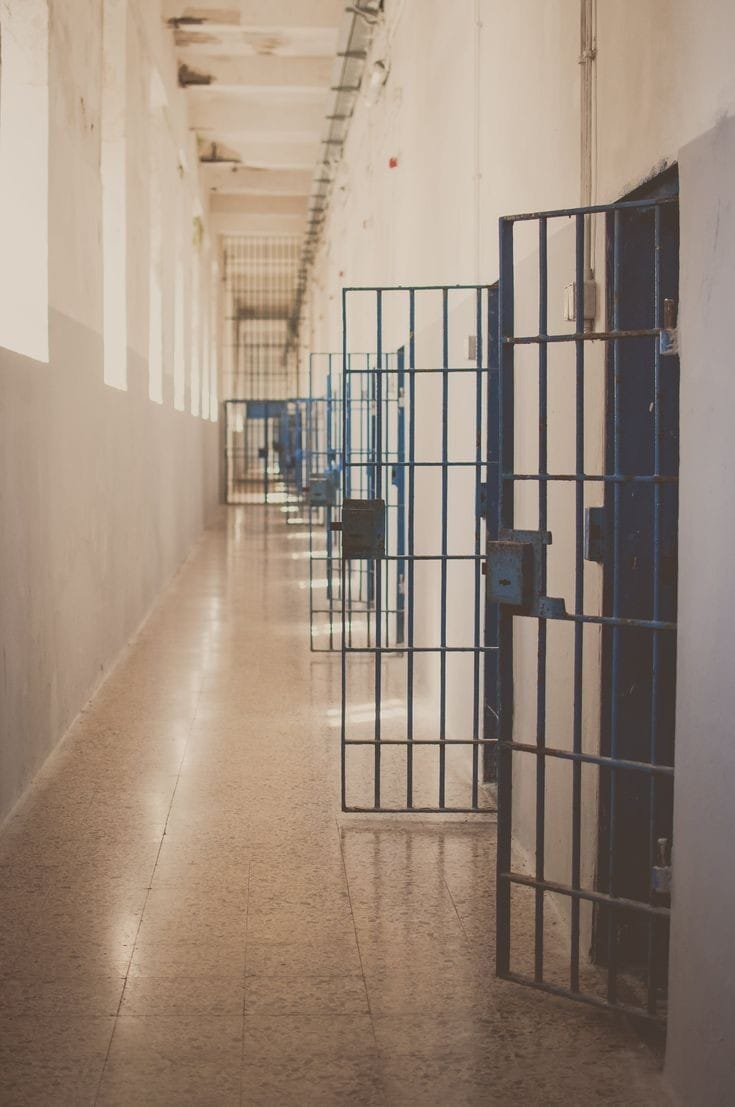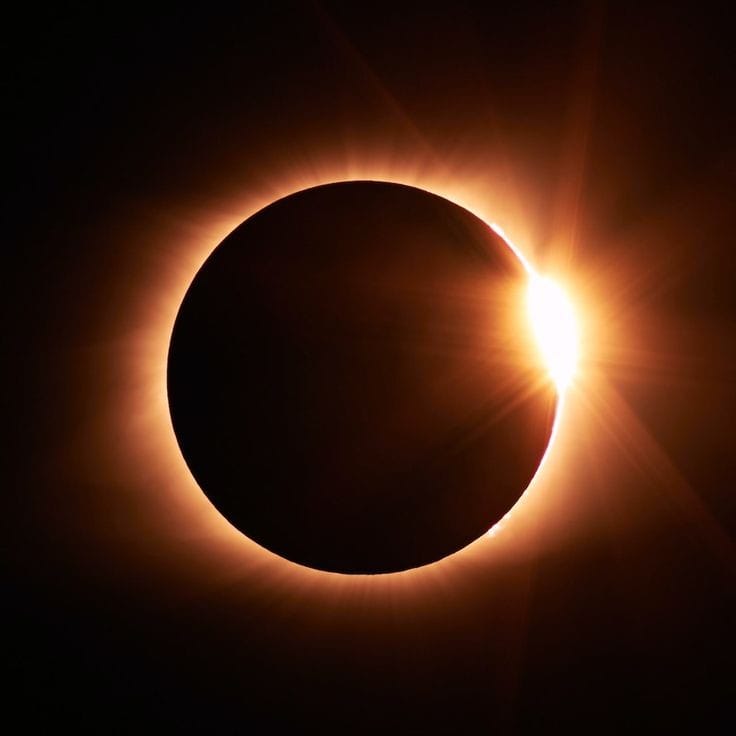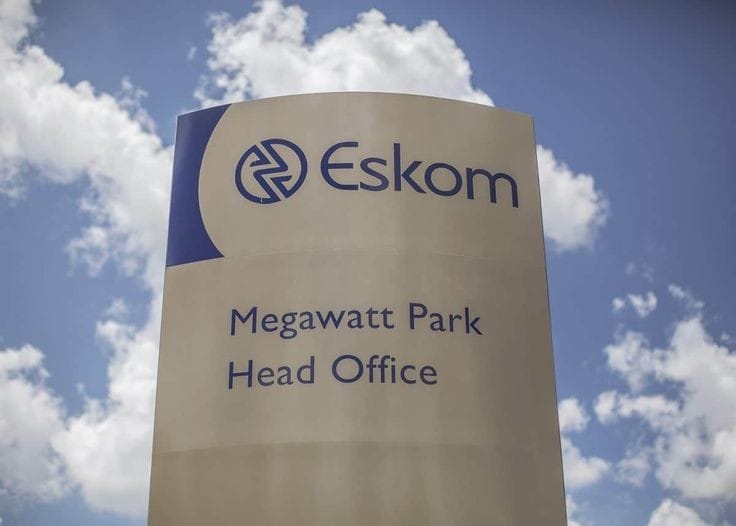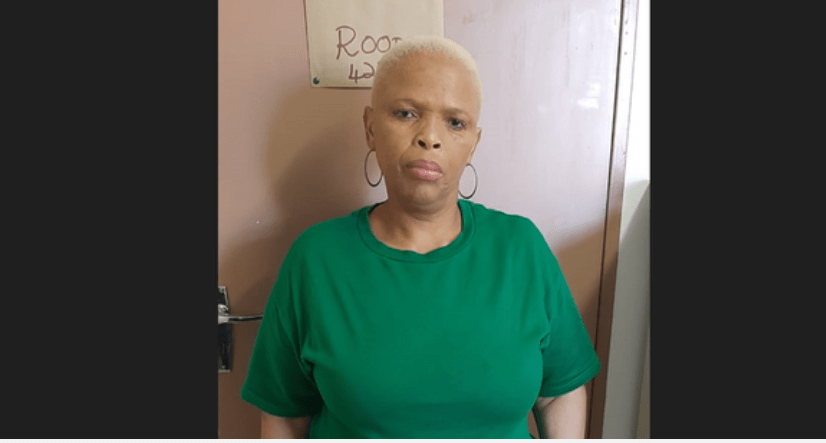The Hollywood writers’ strike has made headlines, driven by disputes over fair pay and concerns surrounding the rise of artificial intelligence (AI) in creative industries. As studios like Netflix and Disney refuse to rule out the possibility of AI replacing human writers, tensions have intensified on the picket lines. The refusal to consider binding agreements regulating AI usage has further fueled the anger and fear among writers, who perceive AI as a potential threat to the heart and soul of storytelling. In this article, we delve into the concerns raised by the Writers Guild of America (WGA), the studios’ position, and the implications of AI on the creative process.
The Writers Guild of America (WGA) proposed binding agreements to govern the use of AI in writing. Central to their demands was the exclusion of AI-generated content from being classified as “literary” or “source” material, which determines royalty distribution. Additionally, the WGA sought to ensure that scripts written by its members would not be used to train AI systems. Unfortunately, the studios rejected these proposals, offering only to hold annual meetings to discuss technological advancements.
The studios’ response disappointed writers, with negotiations committee member Eric Heisserer humorously highlighting the irony of being offered a meeting to discuss how technology is being exploited against them. He argued that the creation of art requires the human touch, as AI lacks the inherent heart and soul that make stories resonate with audiences.
While some executives at the Milken Institute Global Conference predicted that AI could take on various creative roles within the next decade, many writers on the picket lines believe that their craft cannot be replicated by machines. However, their concern lies in the possibility of cost-cutting measures leading Hollywood executives to embrace AI-generated content, potentially compromising the quality and originality of future productions.
The studios’ account of the failed negotiations suggests that writers are not entirely against using AI as part of their creative process, as long as it does not affect their compensation. However, the introduction of AI into the creative landscape necessitates thorough discussions to address the potential consequences and establish safeguards for writers.
For Leila Cohan, a writer on the Netflix hit “Bridgerton,” AI’s usefulness is currently limited to tasks like generating character names, labeling it as “busy work.” Nevertheless, she warned that studios might leverage AI to produce subpar first drafts, subsequently hiring writers for rewrites. This scenario raises concerns about the erosion of originality and the need to address the issue proactively.
Drawing parallels with the 2007-08 writers’ strike, which secured compensation for online streaming, writers recognize the importance of anticipating the future impact of technological advancements. Given that streaming platforms like Netflix and the emergence of Disney+ and Apple TV+ have reshaped the industry since then, it becomes imperative to address the role of AI in writing before its potential ramifications become a reality.
The Hollywood writers’ strike has shed light on the ongoing battle between writers and studios concerning the use of AI in creative work. Writers are determined to protect the essence of storytelling, emphasizing the irreplaceable role of human creativity and originality. As studios envision a future where AI could take over various creative tasks, including writing scripts and editing, it is crucial to strike a balance between technological progress and safeguarding the interests of writers.
While the studios’ refusal to accept binding agreements regarding AI usage has created tensions, the writers’ concerns are not unfounded. Establishing guidelines and regulations that protect writers’ rights while incorporating AI as a tool in the creative process can help shape a more harmonious future. By fostering open and collaborative discussions, the industry can navigate the evolving landscape and ensure that the magic of storytelling remains grounded in human imagination and expression. Striking the right balance between technological advancements and the preservation of artistic integrity will be vital in fostering a thriving creative industry that benefits both writers and audiences alike.
In conclusion, the Hollywood writers’ strike has brought to the forefront the clash between writers and studios regarding the role of AI in creative work. The outcome of this dispute will significantly shape the future of storytelling and the dynamics of the entertainment industry. By addressing the concerns raised by the Writers Guild of America and working towards mutually beneficial solutions, stakeholders can find common ground that preserves the artistry and originality of human storytelling while harnessing the potential of AI. Only through thoughtful discussions and collaboration can the industry chart a path that ensures the continued vitality of storytelling while embracing the potential benefits that technology brings.

